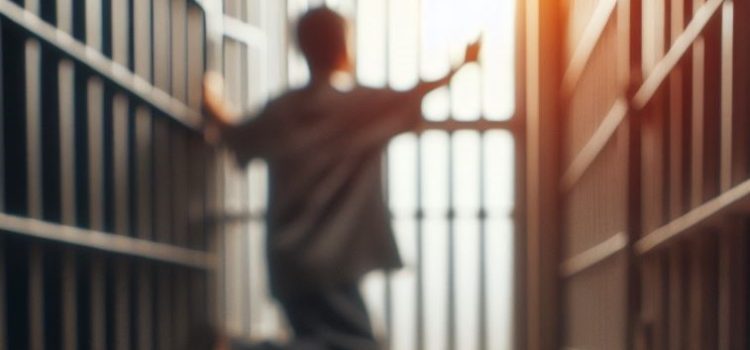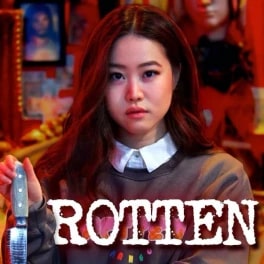

This article is an excerpt from the Shortform guide to "Rotten Mango". Shortform has the world's best summaries and analyses of books, podcasts, and more.
Like this article? Sign up for a free trial here.
What are the main issues with the juvenile justice system? Do certain cultural standards in South Korea contribute to bullying in schools?
While discussing the 2006 Cheongju curling iron case on the Rotten Mango podcast, Stephanie Soo expresses distaste for the juvenile justice system. She says that much of the public’s negative response to the case was due to the school’s and justice system’s mishandling of the case.
Check out the juvenile justice system’s problems with this specific case and others.
Critiquing Juvenile Justice and Sentencing Inadequacies
Soo expresses frustration with the light sentences handed down to juvenile perpetrators, drawing attention to specific cases that illustrate this issue. She recounts an incident from 2021 where a Mongolian teenager was subject to an assault by fellow students, some of whom were able to avoid criminal prosecution.
Similarly, she mentions the 2022 case where a twelve-year-old boy sexually assaulted a nine-year-old girl, and due to the assailant’s age, the incident resulted in no legal consequences, leaving the young victim and her family without justice.
The podcast also covers the harrowing attack on student number four on his birthday, with the perpetrators receiving mere probation sentences despite the severe burns and significant medical debt incurred by the victim. The light sentencing for such grievous acts has been a subject of public outrage and highlights juvenile justice system problems.
Unpacking Cultural Contributions to Bullying Behavior
The podcast touches upon cultural elements, like strict social hierarchies and the required respectful language in South Korea, that may contribute to bullying behaviors and exacerbate the issue.
Furthermore, it discusses cases where officials have resigned due to their children’s involvement in bullying, highlighting the corruption and lack of accountability that serves as an impediment to justice and change.
Exploring Public Outrage and Community Response to Bullying
Soo points to public reactions of disbelief and anger following the school’s inconclusive investigation into the case.
This dissonance between the community’s response and the school’s handling of the incident underscores a collective call for accountability.
Expanding on South Korea’s Bullying Issues
Bullying and its impact on individuals and communities are the focal points of an article that sheds light on the inadequacies of juvenile justice and sentencing in South Korea. The article highlights incidents from 2021 and 2022 where light sentences were given to juvenile perpetrators of bullying and assault, raising concerns about the legal system’s approach to handling crimes committed by minors. Bullying is defined as repeated aggressive behavior intended to harm or intimidate others, often involving a power imbalance. It is a pervasive issue that can have long-lasting psychological and emotional effects on victims.
Cultural factors play a significant role in contributing to bullying behavior in South Korea. The country’s societal norms, including the taboo surrounding homosexuality, create an environment where discrimination and harassment thrive. This exacerbates the challenges faced by lesbian, gay, bisexual, and transgender (LGBT) individuals who already experience prejudice and discrimination not experienced by their heterosexual counterparts. The article also highlights public outrage and community response to these incidents as people demand stricter consequences for bullying and assault committed by juveniles.

———End of Preview———
Like what you just read? Read the rest of the world's best guides to Rotten Mango" at Shortform.
Here's what you'll find in our full Rotten Mango episode summaries:
- Shocking true crime stories from around the world
- Cases ranging from obscure incidents to infamous crimes in history
- Key facts about each topic that help you connect to the story






